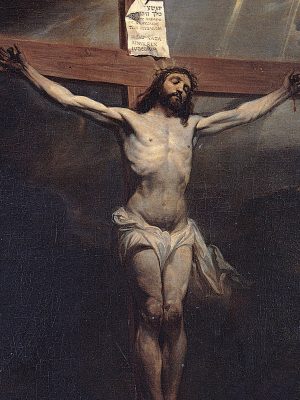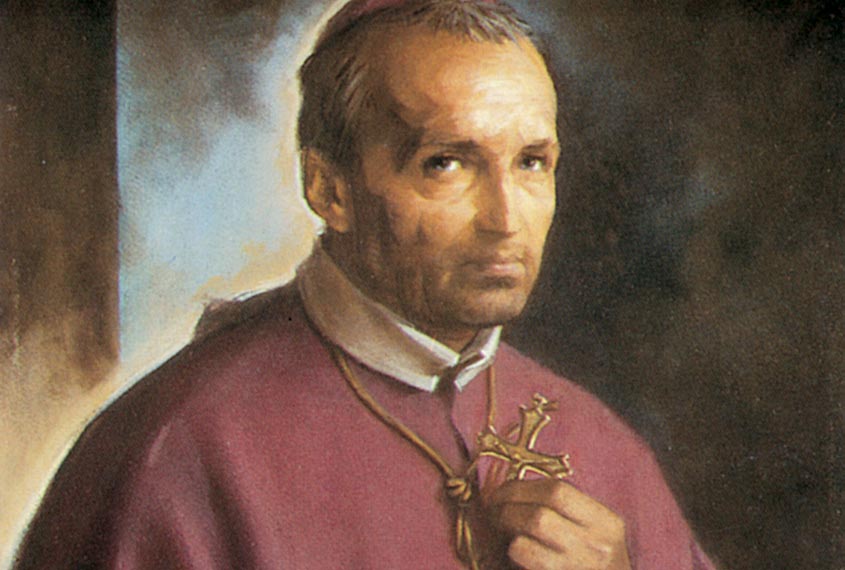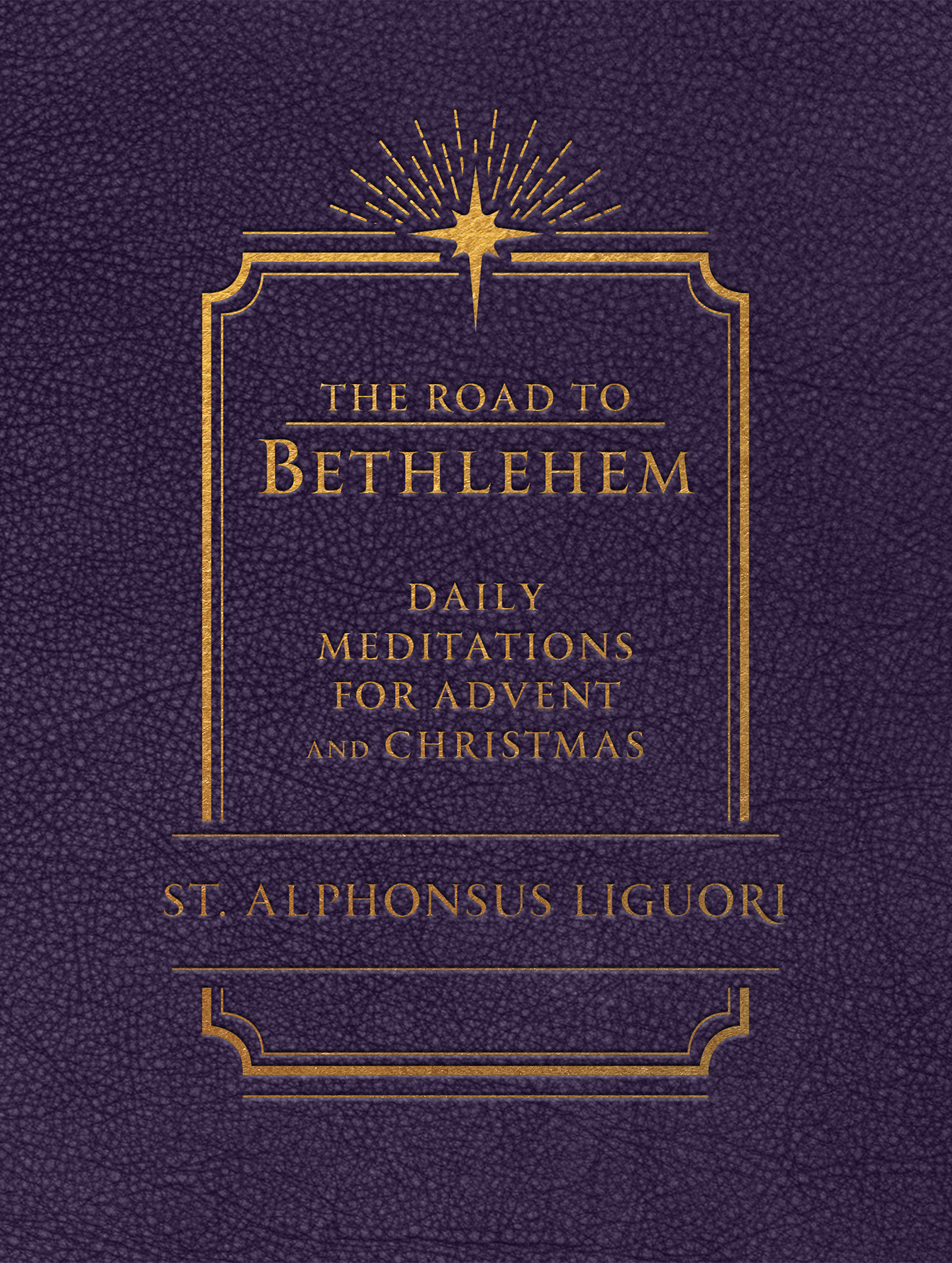Determined to save mankind from their sins, God sent His only Son into the world to die so that we might be restored by His death. Ponder the immense love of God as Saint Alphonsus Liguori guides you through a meditation on the Savior of our souls.
God Sends His Son to Die in Order to Restore Us to Life
Consider that sin is the death of the soul; because this enemy of God deprives us of divine grace, which is the life of the soul. We, therefore, miserable sinners, were already by our sins dead and condemned to hell. God, through the immense love which He bears to our souls, determined to restore us to life; and how did He do so? He sent His only-begotten Son into the world to die, in order that by His death He might restore us to life.
With reason therefore does the Apostle call this work of love exceeding charity; too much love; yes, indeed, for man could never have hoped to receive life in such a loving manner if God had not found this means of redeeming him: Having obtained eternal redemption. All men were therefore dead—there was no remedy for them. But the Son of God, through the bowels of His mercy, has come down from heaven, the Orient from on high, and has given us life. Justly, therefore, does the Apostle call Jesus Christ our life: When Christ shall appear, who is your life. Behold our Redeemer, clothed with flesh and become an infant, says to us: I am come that they may have life, and may have it more abundantly. For this end He accepted death, that He might give us life. It is but reasonable, therefore, that we should live only to God, who has condescended to die for us: Christ died, that they who live may not live to themselves, but unto Him who died for them. It is reasonable that Jesus Christ should be the only sovereign of our heart since He has spent His blood and His life to gain it to Himself: To this end Christ died and rose again, that He might be Lord both of the dead and of the living. O my God, who would be so ungrateful a wretch as to believe as an article of faith that God died to secure His love, and yet refuse to love Him, and, renouncing His friendship, choose voluntarily to make Himself a slave of hell?
Affections and Prayers
O my Jesus, if You had not accepted and suffered death for me, I should have remained dead in my sins, without hope of salvation and without the power of ever loving You. But after You obtained life for me by Your death, I have again many times voluntarily forfeited it by returning to sin. You died to gain my heart to Yourself, and I by my rebellion have made it a slave of the devil. I lost all reverence for You, and I said that I would no longer have You for my master. All this is true; but it is also true that You desire not the death of the sinner, but that he should be converted and live; and therefore You died to give us life. I repent of having offended You, my dearest Redeemer; and pardon me through the merits of Your passion; give me Your grace; give me that life which You purchased for me by Your death, and henceforth may You have entire dominion over my heart. Never let the devil have possession of it again; he is not my God, he does not love me, and has not suffered anything for me. In past times he was not the true sovereign, but the robber of my soul; You alone, my Jesus, are my true Lord, who have created and redeemed me with Your blood; You alone have loved me, and oh, how much! It is therefore only just that I should be Thine alone during the life that remains to me. Tell me what You would have me do; for I will do it all. Chastise me as You will; I accept everything You send me; only spare me the chastisement of living without Your love; make me love You, and then dispose of me as You will. Most holy Mary, my refuge and consolation, recommend me to your Son: His death and your intercession are all my hope.
ooo
This article is taken from a chapter in The Road to Bethlehem: Daily Meditations for Advent and Christmas by Saint Alphonsus Liguori which is available from TAN Books.









